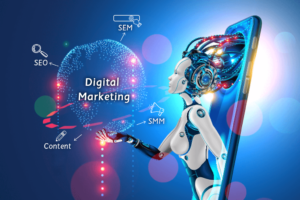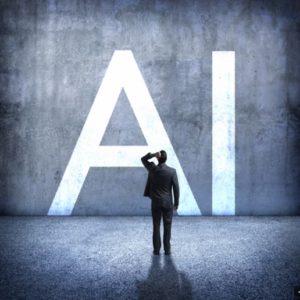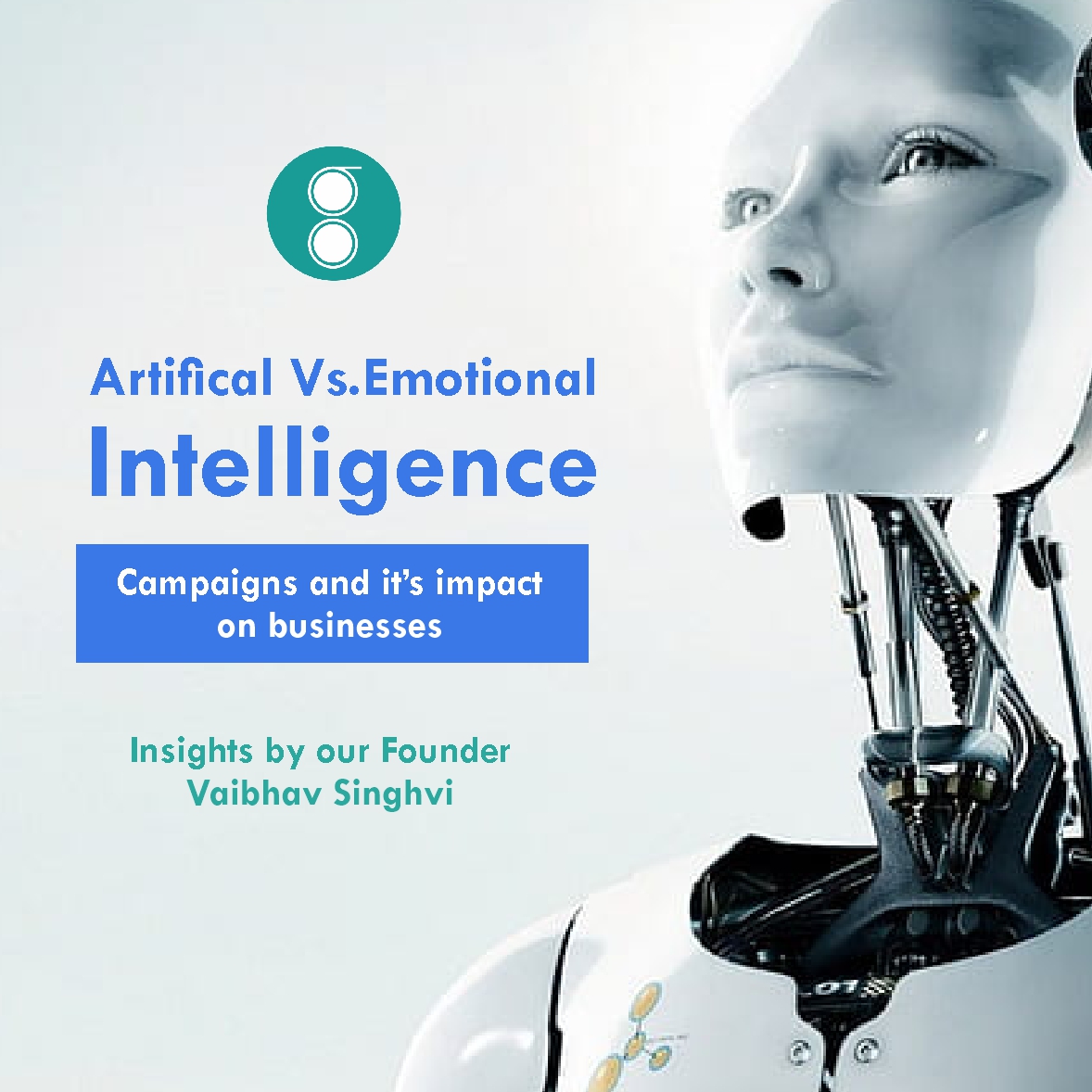
Artificial Intelligence (AI) has made significant strides in the field of marketing and advertising in recent years. AI-powered tools and algorithms have enabled businesses to streamline their campaigns, optimize targeting, and even personalize content. One area where AI is still evolving is its ability to counterfeit emotional intelligence in ad campaigns. While AI can analyze data and make predictions, replicating the nuanced and complex human understanding of emotions remains a formidable challenge.
Understanding Emotional Intelligence
Emotional intelligence (EI) is the ability to recognize, understand, manage, and effectively use emotions in ourselves and others. In the context of advertising, it means creating content and campaigns that resonate with human emotions, building a connection with the audience, and ultimately driving desired actions, such as purchasing a product or engaging with a brand. Emotional intelligence in advertising often involves empathy, authenticity, and a deep understanding of human psychology.
The Role of AI in Advertising

AI has proven to be a valuable tool in advertising. It can analyze massive datasets to identify trends and insights, segment audiences, automate ad placement, and even generate creative content. However, the true challenge arises when AI attempts to replicate emotional intelligence.
The Current State of AI in Emotion Detection
AI has made significant progress in emotion detection through facial recognition, voice analysis, and sentiment analysis of text. These technologies can identify basic emotions like happiness, sadness, anger, and surprise. While this is a promising development, it falls short of replicating the full spectrum of human emotional intelligence.
The Limitations of AI in Emotional Intelligence

1. Contextual Understanding: True emotional intelligence requires understanding the context in which emotions occur. AI struggles to grasp the subtle nuances of situational context that humans effortlessly perceive. For instance, an AI system might recognize a smile in a photo, but it might not understand if the smile is genuine or forced.
2. Empathy and Authenticity: Emotional intelligence in advertising often involves conveying empathy and authenticity. AI-generated content can lack the genuine emotional connection that humans create through storytelling, personal experiences, and authentic messaging.
3. Creativity and Intuition: Emotional intelligence relies on creative thinking and intuition, traits that are deeply ingrained in human psychology. While AI can generate creative content, it lacks the innate human ability to draw upon personal experiences, cultural context, and intuition to create emotionally resonant advertisements.
4. Ethical Concerns: Attempting to counterfeit emotional intelligence using AI raises ethical questions. Manipulating emotions to drive specific behaviors without genuine empathy and understanding can be seen as deceptive and unethical.
The Future of AI and Emotional Intelligence in Advertising

AI is likely to continue evolving in its ability to replicate emotional intelligence in advertising, but there will always be limitations. To make meaningful progress in this area, AI research and development must focus on:
1. Human Collaboration: AI can enhance emotional intelligence in advertising when used in collaboration with human creativity, empathy, and storytelling skills. Combining the strengths of both AI and human expertise can result in more emotionally resonant campaigns.
2. Ethical Considerations: Advertisers must be conscious of the ethical implications of using AI to manipulate emotions. Transparency and responsible use of AI in advertising are crucial to maintaining trust with consumers.
3. Continuous Learning: AI algorithms can improve their emotional intelligence by continuously learning from human interactions and feedback. This iterative process can help AI systems better understand and respond to emotions.
While AI has made remarkable strides in various aspects of advertising, true emotional intelligence remains a challenge to replicate. The ability to understand and convey complex emotions, empathy, authenticity, and intuition are deeply human qualities that are difficult for AI to emulate fully. However, AI can continue to enhance advertising by assisting human marketers, providing data-driven insights, and automating tasks, but the true power of emotional intelligence in advertising will always require the human touch. As AI and human collaboration advance, we may see more emotionally intelligent ad campaigns, but they will likely be the result of a harmonious blend of AI and human creativity.



Leave a Reply